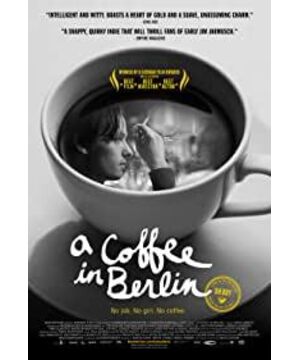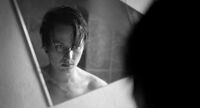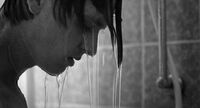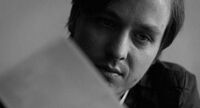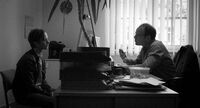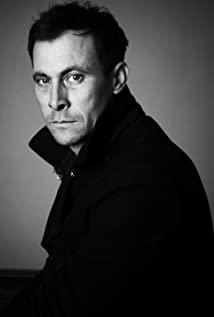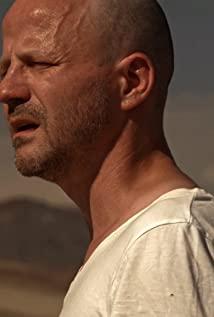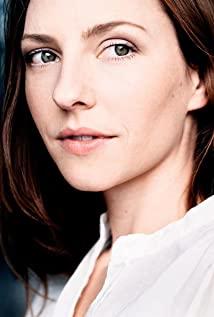Interestingly, many directors' debuts reflect the essence of why they made the movie in the first place. Whether it is a superficial philosophical question and answer or a deep-rooted emotional entanglement, it is like a mirror that reflects the director's powerlessness in the face of the world. The best is the video technique used in this film, which exudes a strong independent temperament. A dialogue scene uses four or five visual angles, all of which serve the philosophical propositions thrown at the moment. This way of thinking is very good. .
Often it is not the movie that shoots life, but everything in life can be traced in the movie, alluding to our deepest heart, and it is the movie that teaches life.
P.S. Japanese composer Ryuichi Sakamoto once said that a good movie can be considered a real good movie if it can tell a good story without background music. The reason is that throughout the development of film history, if the element of "music" is not used properly in the film, the direction and interpretation of emotion tends to be single, thus limiting the inner connection of the development of the story itself. It's not that it's better not to use music, but we should face up to the fact that the function of weakening music can maximize the emotional appeal. How to really use music properly, the jazz in this film is a good example.
View more about A Coffee in Berlin reviews


